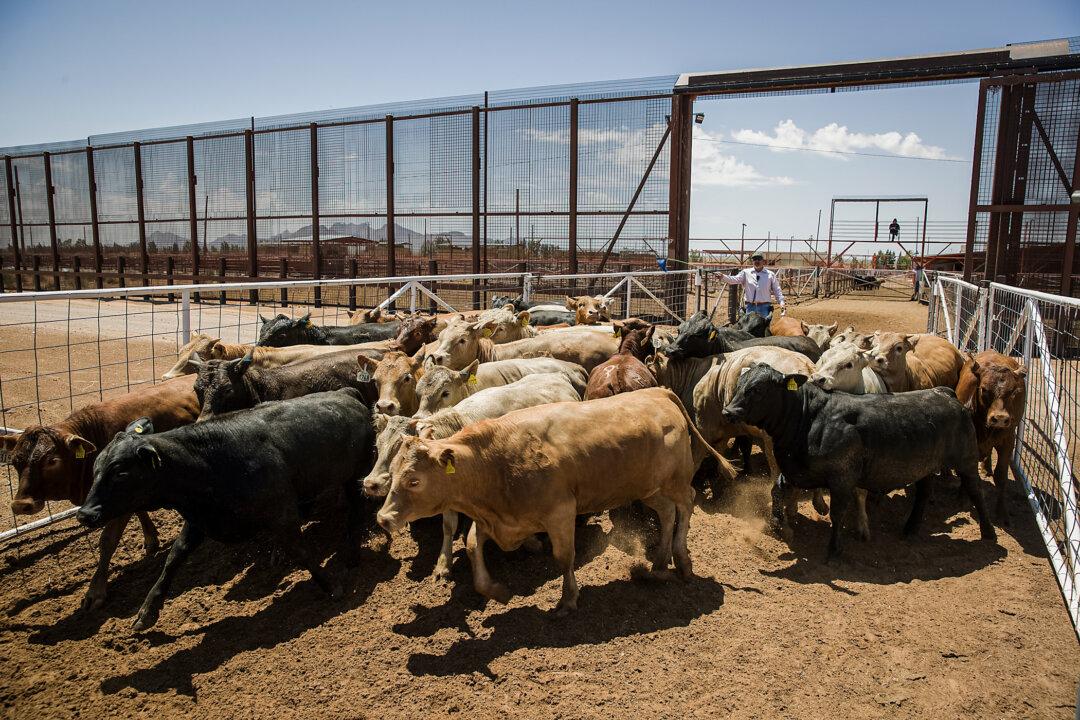The United States and Mexico have reached an agreement to bolster joint efforts to combat an outbreak of New World screwworm, a parasitic fly that infests and feeds on the flesh of living animals.
“Mexico has agreed to let our sterile fly planes land,” U.S. Agriculture Secretary Brooke Rollins announced Tuesday on social media platform X, days after warning against burdensome customs duties imposed by Mexico on American aviation equipment she said is critical to eradicating the pest.





